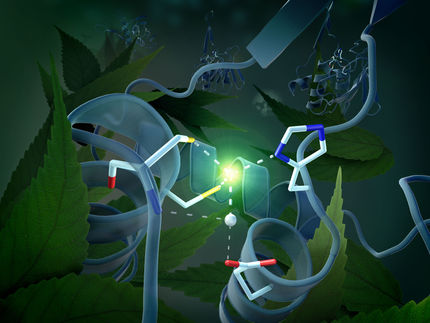SYGNIS AG - Successful acquisition of Innova Biosciences
Advertisement
SYGNIS AG announced that the Company has successfully completed its acquisition of Innova Biosciences Ltd.
SYGNIS AG paid EUR 10.8 million, consisting of EUR 8 million in cash and 2 million shares of SYGNIS AG as a contribution in kind. Depending on agreed performance indicators, the purchase price will also include up to 1.5 million shares issued as convertible bonds. To finance this transaction, SYGNIS successfully completed two capital increases in May 2017.
“We are delighted and proud to announce the completion of this acquisition which strengthens the SYGNIS brand and marks an important step towards leadership in the genomic and proteomic market,” Dr. Heikki Lanckriet, CEO and CSO of SYGNIS, said. “This allows us to cater to our main goal of adding value for life science customers and significantly accelerate our growth. I would like to take the opportunity to commend both our teams, strategic partners and investors on the successful passing of this important milestone.”
“We are thrilled to be part of the SYGNIS Group, providing not only a great platform to grow our business internationally, but also giving us access to new target customers and markets. The fact that SYGNIS’ and Innova’s technologies are complementary allows us to capitalize on the resulting synergies. The new structure will enable us to grow our business even more quickly,” Dr. Nick Gee, CTO of SYGNIS, said.
As part of the merger, Dr. Nick Gee, former CEO and CSO of Innova was appointed to Chief Technical Officer of SYGNIS.
With a complementary portfolio covering the complete molecular biology value chain, SYGNIS is able to offer cutting-edge technology and services for all steps of the process, in particular by taking into account the synergistic Innova portfolio of over 300 products and the development of ad-hoc solutions to fit customers’ needs.






















































